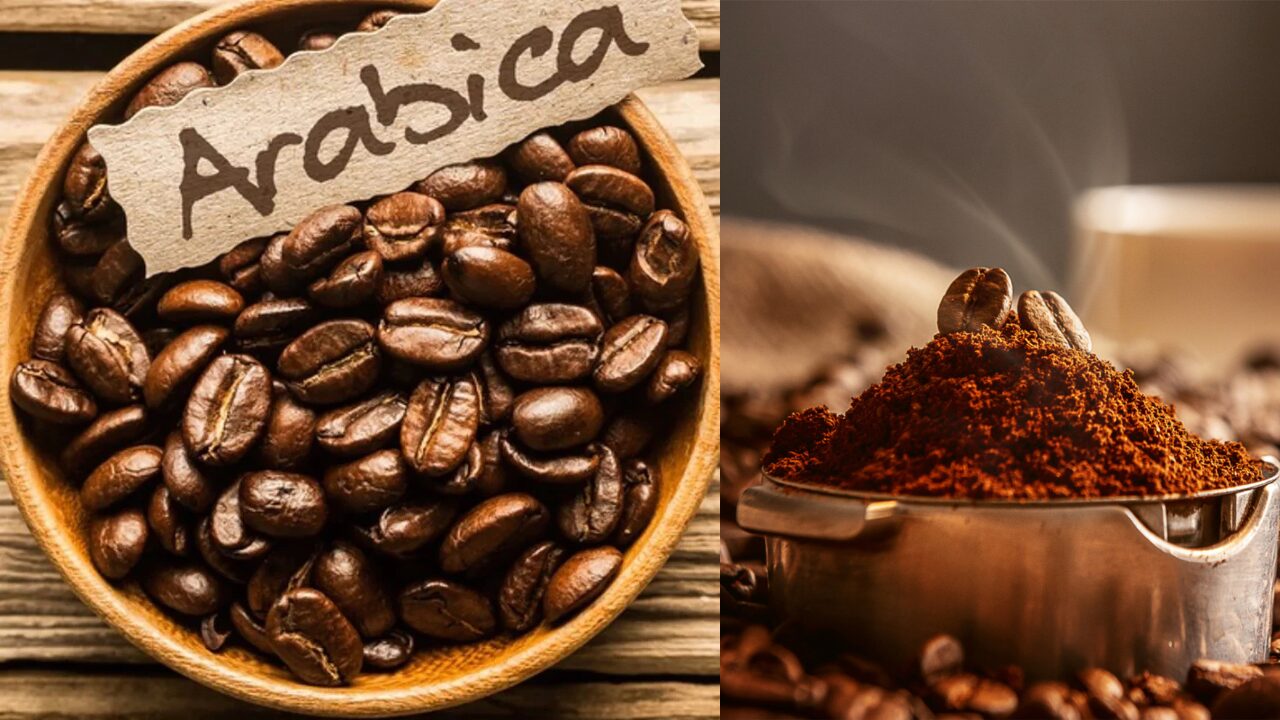How to Select the Best Arabica Coffee Beans for Your Perfect Brew

What makes Arabica coffee the preferred choice for many enthusiasts? Known for its smooth flavor and fragrant aroma, this variety sets the standard for premium brews. Choosing the right option can elevate your coffee experience. Let’s explore the key factors when selecting the best Arabica coffee.
1. What Are Arabica Coffee?
Arabica coffee beans come from the Coffea arabica plant, which thrives in high-altitude regions. This species is celebrated for its mild flavor and natural sweetness. Primarily grown in countries such as Brazil, Ethiopia, and Colombia, it dominates the global market.
Arabica is prized for its balanced acidity and broad flavor spectrum, which ranges from fruity to nutty notes. It contains less caffeine than Robusta, offering a smoother, more refined taste. Selecting premium-quality varieties ensures a superior flavor profile. This popularity stems from its ability to deliver consistently enjoyable results.
2. Understanding Flavour Profiles
Arabica has a wide range of flavor profiles, which can differ based on growing conditions. Factors like climate, soil, and altitude all influence its unique characteristics. For example, Ethiopian crops often highlight floral and fruity notes, while Brazilian types feature chocolatey and nutty undertones. Central American options, such as those from Costa Rica, tend to deliver bright acidity with hints of citrus.
Colombian beans are often smooth and well-balanced, making them popular for various brews. Depending on the processing method, some varieties even carry subtle hints of spice or caramel. Understanding which flavor suits your preferences helps narrow down your choices. Arabica’s versatility matches every palate, whether mild or bold. Experimenting with different origins allows coffee lovers to explore Arabica’s diverse tastes.
3. Freshness Matters
Freshness is crucial in determining the quality of your brew. Stale ingredients lose their aroma and flavor, resulting in a flat cup. To maintain freshness, always check the roast date on the packaging. Arabica beans are at their best within two to four weeks of roasting.
Purchasing whole beans and grinding them before brewing helps preserve essential oils and aromas. Avoid pre-ground products or those with unclear roast dates. Fresher ingredients deliver vibrant flavors and a more aromatic experience, ensuring a superior cup.
4. Key Factors to Consider When Buying
Choosing the best Arabica variety involves assessing several key factors. Paying attention to these ensures a more satisfying brew.
Here are essential points to keep in mind:
- Origin: The growing region shapes the flavor profile.
- Roast Level: Decide between light, medium, or dark, depending on your preference.
- Certifications: Look for Fair Trade or organic labels for quality assurance.
- Size and Appearance: Larger, evenly sized options often indicate better quality.
- Packaging: Airtight bags with valves help retain freshness.
Considering these factors guarantees you’ll select an option that aligns with your expectations for taste and quality.
5. Single-origin and Blends
Arabica options are available as single-origin or blends, each offering unique benefits. Understanding these distinctions helps refine your choice. Single-origin varieties come from a specific region or farm, offering distinct flavors and characteristics tied to their origin. These are perfect for those who enjoy exploring the uniqueness of a single location.
In contrast, blends combine crops from different regions to create balanced, versatile flavors. Many blends incorporate a small percentage of Robusta to add body and depth. Whether you opt for single-origin coffee or blends depends on your desire for complexity or consistency.
6. Ethical Sourcing and Sustainability
Ethical sourcing ensures farmers receive fair compensation for their work. Supporting sustainable practices helps protect the environment and maintain quality production. When selecting products, look for certifications such as Fair Trade, Rainforest Alliance, or organic labels. These labels indicate responsible farming methods and fair treatment of producers.
Reputable companies often provide transparency about their sourcing practices, making it easier to make informed decisions. Choosing options with ethical certifications helps improve farmers’ livelihoods and supports environmental conservation. Selecting responsibly sourced Arabica ensures an enjoyable and socially responsible brew.
READ MORE
7. The Role of Roast Levels
Roast levels significantly impact the flavor and aroma of your brew. Understanding how these levels influence the final product helps refine your selection. Light roasts highlight the natural characteristics of Arabica, offering bright acidity and subtle flavors. Medium roasts balance sweetness and acidity, resulting in a rounded, well-developed taste. Dark roasts bring out bold, smoky notes with less acidity but more body. The ideal roast level depends on your brewing method and personal preference. Experimenting with different options can help you discover what suits your palate best.
Selecting the best Arabica coffee beans involves understanding flavor profiles, prioritizing freshness, and evaluating factors like origin and ethical sourcing. Whether single-origin or blended, high-quality options enhance the brewing experience. Choosing products from reputable companies that prioritize sustainability allows you to enjoy exceptional flavor and support responsible practices. This premium variety offers endless possibilities for crafting a perfect brew, ensuring each cup is an enjoyable journey of taste and aroma.
